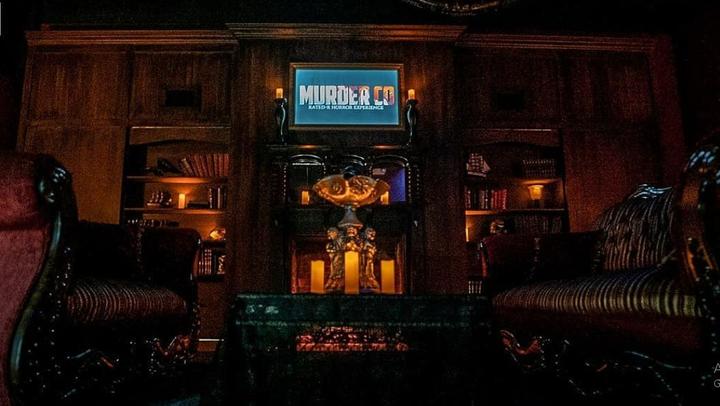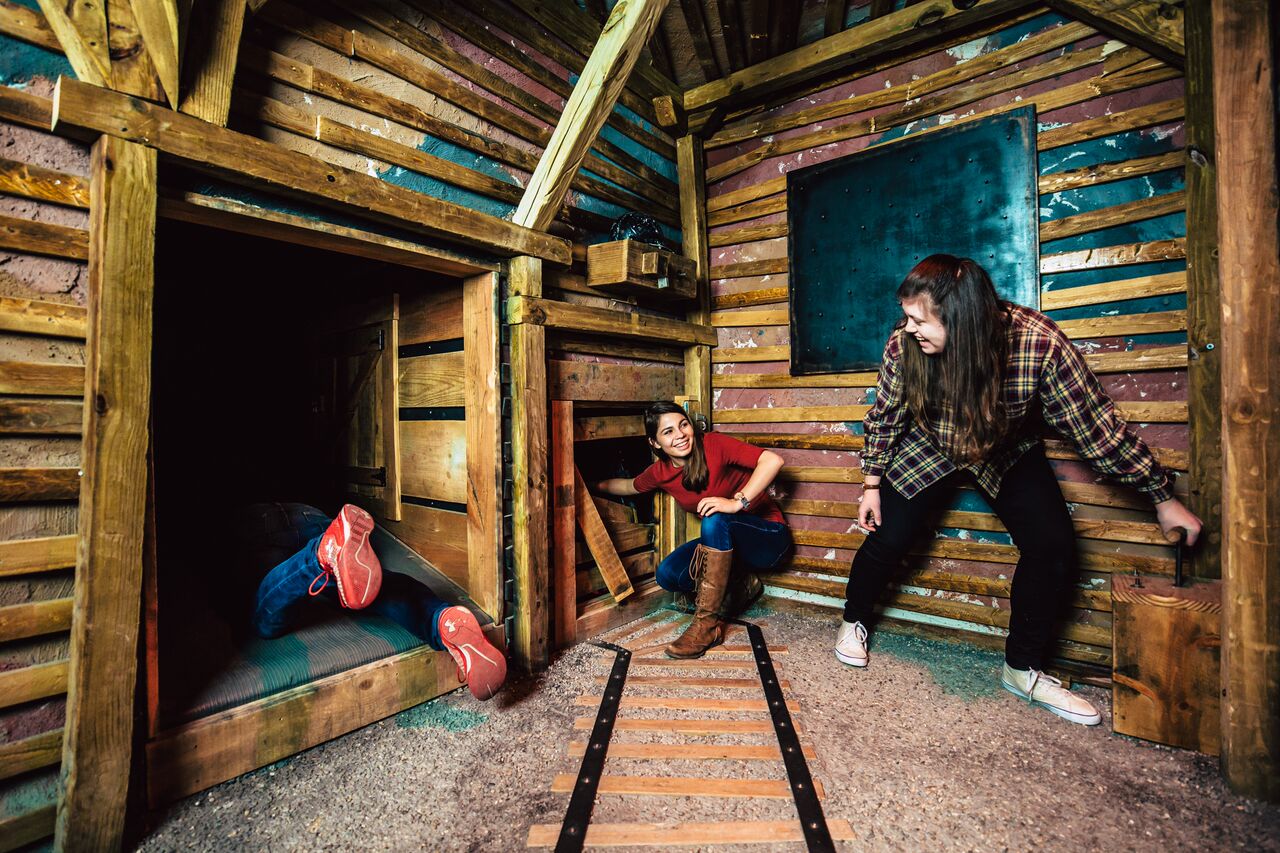Team Techniques: Exactly How to Collaborate Successfully in an Escape Room
Groups should actively listen to each participant's insights, designate duties that line up with individual staminas, and maintain normal check-ins to ensure emphasis and protect against redundancy. By promoting an environment that values cohesion and adaptability, teams can dramatically increase their performance and success rates.
Establish Clear Interaction
To assist in clear interaction, it is necessary to mark a central point of call for information dissemination. This function involves summarizing searchings for and suggested approaches to ensure everyone continues to be on the same page. In addition, embracing a methodical approach to discussions can stop disorderly exchanges. For example, short, concentrated updates from each staff member can keep the team educated without frustrating them with details.

Appoint Duties Purposefully
While clear interaction sets the structure for reliable synergy, designating roles tactically guarantees that each staff member's staminas are made use of successfully. In a retreat space circumstance, the time-sensitive and complicated nature of challenges demands a well-organized strategy to job delegation. By determining and leveraging specific expertises, groups can optimize their analytic capabilities and improve total performance.
First, examine the special skills and qualities of each participant. Somebody with an eager eye for information may succeed in finding surprise things, while a logical thinker could be much better matched to fixing challenges. It's just as important to have a leader that can look after progress, manage the timeline, and make definitive telephone calls when essential. This role commonly calls for strong business and social abilities.
2nd, guarantee that functions are versatile and adaptable. As new challenges emerge, the group has to have the ability to pivot, reapportioning jobs as called for. This flexibility aids keep momentum and avoids bottlenecks that could occur as a result of rigid role tasks.
Eventually, a critical approach to duty project not only makes best use of the toughness of each staff member but additionally cultivates a natural environment, driving the team in the direction of an effective getaway.
Use Diverse Skills
Identifying and utilizing the varied abilities within your team can substantially raise your performance in a retreat space. Each employee brings unique strengths to the table, and effectively leveraging these abilities can quicken analytic and improve total performance. For example, a staff member with solid analytical abilities could excel at understanding intricate codes or patterns, while one more with keen observational capabilities might rapidly identify covert ideas that others might neglect.
Efficient interaction is vital his comment is here to using these diverse skills. Motivate staff member to voice their insights and ideas promptly, guaranteeing that all potential services are thought about. This inclusive strategy fosters a dynamic environment where creative thinking and important thinking can flourish. In addition, assigning tasks that line up with each participant's staminas can stop bottlenecks and make certain that progression is continuous.
Additionally, diversity in skills often equates to variety in assuming designs, which is indispensable in a retreat space setting. While some challenges might require sensible thinking and precision, others might take advantage of imaginative and side thinking. By acknowledging and leveraging this variety, teams can address a more comprehensive series of obstacles better, thereby enhancing their possibilities of a successful retreat.
Manage Time Efficiently

Identify noticeable challenges and divide tasks based on team members' toughness, making sure that nobody is idle. This technique can help keep the team concentrated and protect against time from sliding away unnoticed.
Additionally, avoid one-track mind. If a problem is taking as well long, revolve group members or go on to an additional challenge, returning later on with fresh viewpoints. Communication is paramount-- maintain everybody updated on addressed challenges and remaining tasks to avoid repetitive efforts.
Finally, utilize any hints or ideas sparingly yet strategically - best escape room. Recognizing when to read here request aid can save important time. By sticking to these time administration concepts, teams can dramatically boost their chances of an effective and enjoyable getaway room experience
Debrief and Reflect
Reflection is a crucial element of team development and enhancement in the context of retreat areas. As soon as the obstacle is finished, whether successfully or not, it is vital for the team to participate in a structured debriefing session. This process permits team participants to examine their performance, identify staminas, and determine areas for enhancement.
Start the debrief by reviewing what went well. Highlight certain circumstances of reliable interaction, analytic, and partnership. Acknowledging these favorable actions reinforces them and motivates their repeating in future obstacles.
Following, address the obstacles ran into. Discuss moments of confusion, miscommunication, or inadequate methods. Urge an open and useful discussion where staff member can share their perspectives without worry of criticism. redirected here This promotes a culture of constant renovation and discovering.
Verdict
In verdict, effective partnership in an escape room is based upon clear interaction, calculated duty tasks, the efficient usage of diverse abilities, and proficient time monitoring. Routine check-ins and structured debriefings are essential for keeping emphasis and promoting continuous renovation. By producing a cohesive and flexible team environment, the chance of successfully resolving puzzles and attaining the purpose of leaving the room is considerably enhanced. This approach not only guarantees success however additionally advertises collective development and learning.